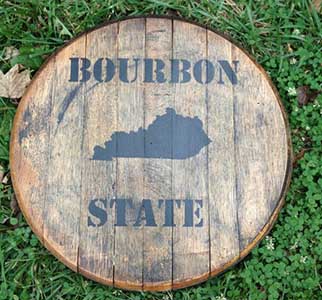Blog
Search
Blog
New Restrictions on Alcopops in Contra Costa County, CA
- Details
- Created: Friday, December 19 2014 13:29

Alcohol Justice Advocacy Director Jorge Castillo and Contra Costa DAO Advocates Enjoying Success
The Friday Night Live program at the Center for Human Development in Contra Costa County (CA), with support from Alcohol Justice, successfully convinced the Board of Supervisors to pass newly approved restrictions as part of their Deemed Approved Ordinance (DAO) to limit access to youth-oriented alcopops such as Four Loko and other dangerous products. The new language includes restrictions on alcopop advertising and location within stores, and goes into effect on January 1, 2015. The recommendations call for the CA State Legislature to adopt a ban on alcopops sales for the entire state.
Read the recommendations approved by the Contra Costa County Board of Supervisors here.
New FDA Rule: Alcohol Calorie Info Required on Restaurant Menus
- Details
- Created: Wednesday, December 03 2014 12:10

Alcohol comprises as much as one-fifth of adult calorie consumption in the U.S. Per the FDA FAQ page for this rule, the majority of comments the FDA received supported covering alcohol due to its impacts on public health. In 2011 Alcohol Justice (then Marin Institute) urged the FDA to adopt a menu labeling requirement at restaurants and similar retail food establishments. Read our 2011 letter to the FDA here.
Alcohol & State Budget Policy in KY
- Details
- Created: Wednesday, December 03 2014 15:26

Here is the economic reality of alcohol's cost in Kentucky:
- The cost of excessive alcohol consumption costs the state $2.8 billion in economic harm, or $657 per person.
- The proportion of this cost directly borne by government is $1.2 billion.
- Combined federal and excise tax revenues cover just 18% of the direct government cost.
- There are 1,351 alcohol-attributable deaths in Kentucky each year.
Kentucky's situation is similar in most other states; median economic harm is $2.9 billion annually, and governments must cover 42% of these costs, despite diminishing excise tax revenues. Excise taxes are rarely increased at the state or federal level, and almost never indexed for inflation, so inflation erosion exacerbates the problem of already too-low tax rates. At the federal level, between 1991 (the last time the federal excise tax was increased) and 2011, alcohol sales revenues increased by 129%, while excise tax revenues by only 40%. This has added up to $65 billion in federal revenue lost, now up up to $7 billion each year.
Given the staggering economic cost of excessive consumption, raising alcohol excise taxes makes much more sense than a policy investing in alcohol industry promotion. Raising alcohol excise taxes is the most effective public health intervention to prevent excessive alcohol consumption and related harm, as well as providing a rich source of revenue for state coffers. A $0.25 per-drink increase in Kentucky's alcohol excise tax would create more than 5200 new jobs without increasing alcohol-related harm and its associated costs. It would also bring in $330,000,000 in additional tax revenue to the state.
The NYT post is a chorus out of the whiskey and craft beer songbook, painting alcohol producers as saviors of the state economy. It echoes alcohol industry PR machines such as the Distilled Spirits Council of the United States (DISCUS) and the Beer Institute, and gives credence to misleading claims that alcohol production provides a net gain for the economy by creating jobs. It also sounds and looks a lot like information provided to journalists when they were treated to an all-expenses paid Spring Break party by DISCUS earlier this year.
More Articles ...
Subcategories
Help us hold Big Alcohol accountable for the harm its products cause.
| GET ACTION ALERTS AND eNEWS |
STAY CONNECTED    |
CONTACT US 24 Belvedere St. San Rafael, CA 94901 415-456-5692 |
SUPPORT US Terms of Service & Privacy Policy |
Copyright © 2026 Alcohol Justice. All Rights Reserved.
Joomla! is Free Software released under the GNU General Public License.


